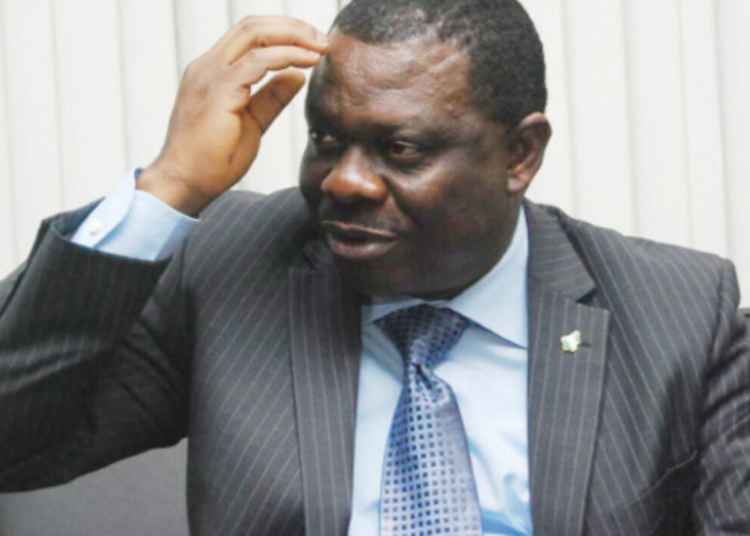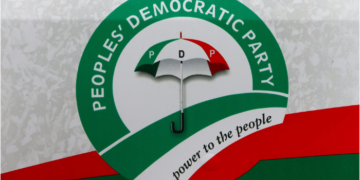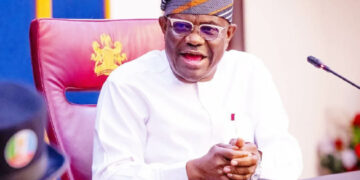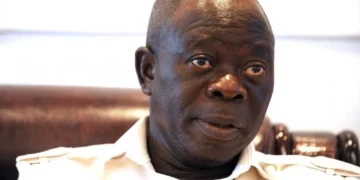Former minister of Justice and Attorney-General of the Federation of Nigeria, Michael Aondoakaa, spoke on the alleged dual citizenship of the president-elect, Bola Ahmed Tinubu.
In an interview with ARISE NEWS on Tuesday, Aondoakaa stated that the clear terms for citizenship and its exceptions are stated in the sections 25-29 of the Nigerian 1999 Constitution.
He stated that conditions for being a citizen of Nigeria are determined by virtue of nationality and birth.
He also stated that this was not a case made in the electoral petition made against the president-elect, thus it is currently not a determinant of his disqualification.
“So the truth of the matter is, being born in Nigeria but having dual citizenship is not a crime. You must first prove that he is not Nigerian by birth. It’s not an issue and moreover it’s not a ground in the petition so it cannot be heard in court.”
The argument against the president-elect is based on a circulating image showing an expired international passport which has been alleged to belong to Bola Ahmed Tinubu denoting that he is a citizen of Guinea Bissau.
Any case built on this would be considered a perjury, meaning the president-elect had willfully made false statements under oath in his form EC9 document where he stated “No” under a section questioning if he had attained citizenship under a different nationality.
However, Aondoakaa has stated that the issue of dual citizenship and perjury is “hype” because they only up after the election petitions had been filed against Tinubu.
The president-elect has made no statement about the claims as he only recently returned to the country after 30 days of absence.
However, when questioned about the issue of public morality and the people’s cry of selective justice, the Senior Advocate of Nigeria said that though it is valid, it cannot hold water in court at the time.
“The issue of morality comes in but morality is not law. Evidence is needed.”
Aondaoakaa also offered his opinion on how cases and petitions involving electoral issues should be handled and how they should be examined in court proceedings.
The SAN advised attorneys to examine cases from the perspective of the methods that led to the final outcomes rather than just the results, as this might make or break their claims.
“We as lawyers go to court to challenge the outcome of who has the majority. We never furiously attack the procedure. This is the time we should build a solid foundation in this country; look at what made it change from what it initially was.”
He said that parts of plainly stated rules that have been declared as law by the judiciary might be taken up and potentially invalidate outcomes if they are not followed.
He brought up the Adamawa 2023 electoral dispute, in which the REC disregarded official instructions and exercised unilateral declaration without authority before being overuled for procedural perversion.
The former AGF pleaded with attorneys to go further into procedural issues since only those may really render elections invalid in the view of the Supreme Court.
“The supreme court has said in several courses that if there is a procedure for doing a thing and the procedure is deviated, the end result should be vitiated.”





